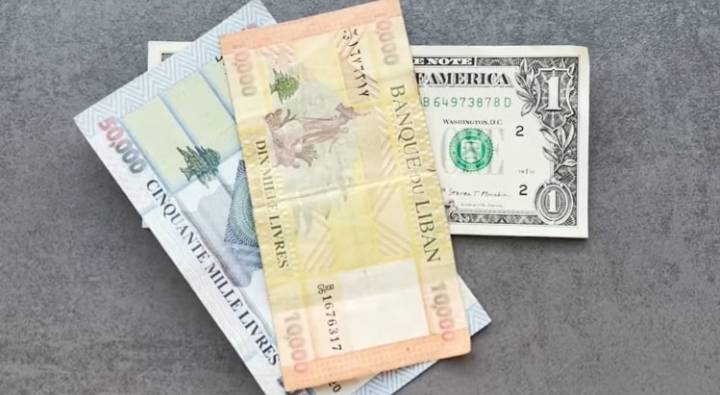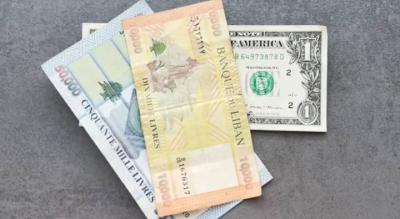Progressive Socialist Party leader Walid Jumblatt has revealed details of an initiative he is leading, which focuses on communicating with all parties on the basis that "meeting is better than conflict." He noted that he proposed three names during a delegation’s visit with Hezbollah and Deputy Wael Abu Faour to Saudi Arabia: Joseph Aoun, Jihad Azour, and Salah Hnaine.
Yesterday saw a political and judicial calm following the chaos that overshadowed the scene since the beginning of the week regarding the investigations into the Beirut port explosion. No new developments occurred, and matters remained unchanged, with the Higher Judicial Council refraining from intervening. It is speculated that the delay in intervention aims to absorb public anger for fear that the street may erupt, leading to uncontrollable consequences. Although there are no political developments or breakthroughs in the crisis, several opposition and change MPs expressed their support for the investigating judge Tarek Bitar and called for holding the Prosecutor General Ghassan Oueidat accountable.
Deputy Yassine Yassine indicated that there is an expectation for the government, the Minister of Justice, and the Higher Judicial Council to hold Oueidat accountable for the judicial violations he committed, given that he took judicial actions in a case from which he had previously recused himself. Through the "Anbaa" electronic newspaper, Yassine urged the three aforementioned parties to assume their responsibilities and act in light of the current judicial division; otherwise, the MPs will escalate their steps.
However, the political calm did not extend to the economy, as after an unprecedented rise in the dollar exchange rate, the black market saw a significant drop in the rate in the evening, following a tripartite meeting involving caretaker Prime Minister Najib Mikati, Finance Minister Youssef Khalil, and Central Bank Governor Riad Salameh. They discussed the issue of the rising exchange rate, and the Central Bank's governing council is expected to hold a meeting on Monday to follow up on this matter.
The decrease in the exchange rate directly reflected in the markets, translating into a drop in fuel prices, which fluctuated within hours. However, this did not include retail stores and supermarkets, which kept their prices steady overall, fearing expected market fluctuations. Economic and Social Council member Dr. Anis Bou Diab pointed out that "the tripartite meeting held at the Grand Serail and the announcement of a meeting for the Central Bank Council indicated the possibility of a decrease in the exchange rate in the coming days, which resulted in calm in the market."
In an interview with the "Anbaa" electronic newspaper, Bou Diab considered that what is happening in the market is a natural result of political turmoil, judicial chaos, and the financial sanctions imposed in recent days. At the same time, Bou Diab questioned why the rise in the exchange rate stopped at a certain level and fell, even before the tripartite meeting was announced.
Regarding the anticipated measures the Central Bank will take on Monday to curb the exchange rate, Bou Diab advised against injecting more dollars into the markets, as that would be an unwarranted depletion. He emphasized that political measures are required, not just circulars.
In conclusion, Bou Diab noted that the Ministry of Economy and the Consumer Protection Directorate should organize inspections of stores to monitor prices and their alignment with the rise in the exchange rate. The Ministry of Energy should issue fuel price lists, even during the weekend. Amid the monetary chaos in the Lebanese market, all eyes are on state ministries and their institutions, which must work to curb traders' greed, while waiting for the relevant parties to take responsibility for fulfilling crucial obligations, primarily the presidential elections.




